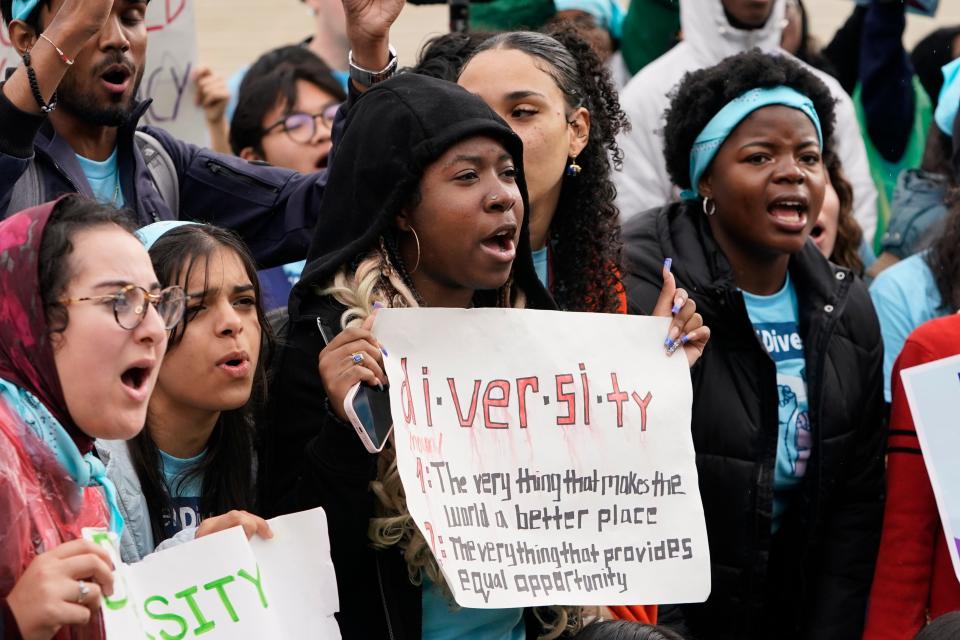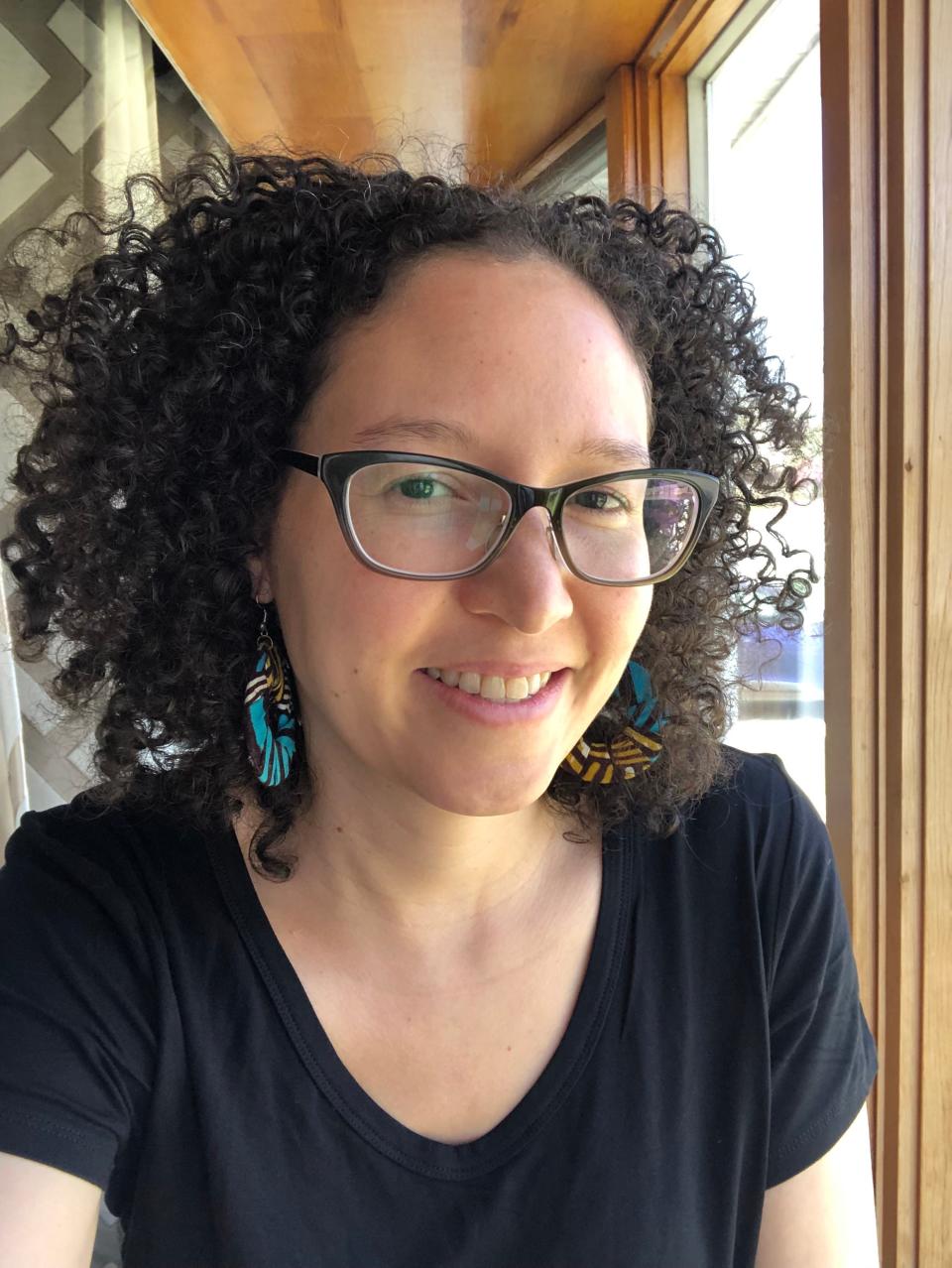Legacy admissions helped me get into college. They should be abolished.
In order to graduate from high school with honors, I needed to write a thesis, and for my topic I chose affirmative action. I referred to the practice as “a broken device” and called it unfair toward white people. I thought that academic performance should be the sole basis for getting into college.
While I drafted this thesis for my private high school in Texas, I applied to a prestigious college in New York. I hoped to become a fifth-generation alum from that school. My paternal lineage there didn’t just stretch back into the 20th century; it went back to the 19th, my father told me. He really wanted me to attend this school. He instructed me to write down on the application the names of my ancestors who attended, and to mention this during my inevitable interview.
I was accepted through early decision, well before finishing my thesis. I also received some scholarship money. My father was so proud of me for going “back East,” as the saying went.
After reading a draft of my thesis, my father, who was a college professor, said he agreed with the premise of my paper. My father imparted the conservative concept of personal responsibility, pulling oneself up by their bootstraps. And he was the one who suggested that I reference the 1978 Supreme Court case Regents of the University of California v. Bakke, in which a white man named Allan Bakke claimed that he was unfairly excluded from admission to a medical school because of racial quotas.
However, I remember my father also suggesting that I admit in my thesis a part of how I got into college: through a family legacy. He said this was a special advantage, as was affirmative action in a different way.

Family legacies are a function of white privilege
It had not occurred to me that I was engaging in an unfair practice. So I added a brief line of disclosure to my thesis without actually reconsidering my view that affirmative action was a bad thing. I was unwilling to believe that I hadn’t gotten into college purely through hard work, which was valued so highly in my household. Upon presenting my thesis, I received lots of praise from my teachers and graduated with honors.
This was back in 2000, and affirmative action had been around on a large scale since the '60s. Just last month, the Supreme Court struck down affirmative action in college admissions, and in response, many have protested legacy admissions, which are believed to primarily benefit white students.
Who gets to go to college? Supreme Court ends affirmative action in admissions. Colleges will be whiter for it.
I didn’t understand that having a family legacy at this school was specifically a function of my white privilege, not just a matter of good luck. I remember my father saying that my academic record was good and that the legacy was just insurance. Other parents were buying entire buildings on college campuses, my father said, funding their endowments and making backroom deals with deans. We couldn’t afford to do those things and therefore couldn’t compete with those people, so I needed to play up my legacy as much as possible. A degree from this school was supposed to be my ticket to an upwardly mobile life.
I was diligent in high school, both in and out of class. My after-school job was tutoring other students. I volunteered at my church, played violin competitively, acted in school plays, wrote for the school newspaper and participated in 4-H. I was in the National Honor Society, served on the student council and took 14 standardized tests to get into college: two PSATs, four SATs, four SAT II subject tests and four AP tests. But the legacy was meant to be the single most valuable piece of that puzzle.
Opinion alerts: Get columns from your favorite columnists + expert analysis on top issues, delivered straight to your device through the USA TODAY app. Don't have the app? Download it for free from your app store.
That legacy existed only on my father’s side of the family – the white side. My white grandfather was a psychiatrist who raised my father in Los Angeles and sent him to a private high school. My father then went to college and got his Ph.D., which allowed him to become a college professor.
My mother, who was Black, had a different story. My Black grandfather graduated from a colored high school in Mississippi, and after the family migrated up to Detroit, he worked on a Chrysler assembly line. My mother’s aunt was determined to help her go to college, after which she got a master’s degree. My mother didn’t talk much about the Jim Crow era, nor about political issues like affirmative action. All I knew was that she voted Democratic, and that my father teased her for that.
Both of my parents were intelligent and hardworking, and both received scholarship money for most of their schooling. But one of them was born with advantages that the other never had.
I took a spot at my college from someone else
I applied to college as a white person, not just as a function of my family legacy but also on paper. My parents hid the fact that I was biracial for many years in a misguided effort to protect me, so when I was applying to college, I marked myself Caucasian. I believed myself to be a white girl with very curly hair and a caramel-colored summer tan, and several bullies who taunted me for being, in their estimation, ugly.
I took a spot at my college from someone else, and I took scholarship money from someone else. The scholarship money was need-based, not merit-based, and it was calculated from my father’s income. It seems ridiculous to give a financial reward to a student whose generational advantages are as significant as mine.
What do you need to get into college? How 'objective' assessments fail students.
Not only was my father in a position to send me to a private high school, and give me a four-generation legacy at a particular college, but he was a college professor himself – he knew everything there was to know about college prep and admissions, and he handed all of that knowledge to me. I didn't have to figure out a thing.
I’ll never know if I could have gotten into that college without the family legacy, or if I earned any of the things that followed, like my master’s degree or my Fulbright grant. My education was built on my ability to benefit from white supremacy.
When my mother passed away, I was cleaning out her apartment and found my high school thesis on affirmative action. It was bound in black pleather, the pages still crisp. I flipped through it, winced at my self-righteous tone and dropped it into the trash.

At 17 years old, I wish I had spent less time grabbing every opportunity for myself and more time considering the racism in our educational system. I wish that my parents had explained this system to me, and that my high school teachers had done the same. But more than that, I hope that legacy admissions end. Students like me should not receive extra unfair advantages on top of our white privilege.
Sarah Enelow-Snyder is a writer from Texas, based in New Jersey. She has an essay in the anthology "Horse Girls" from Harper Perennial.
You can read diverse opinions from our Board of Contributors and other writers on the Opinion front page, on Twitter @usatodayopinion and in our daily Opinion newsletter. To respond to a column, submit a comment to letters@usatoday.com.
This article originally appeared on USA TODAY: University legacy admissions should end because of students like me

